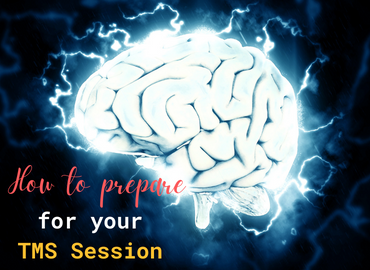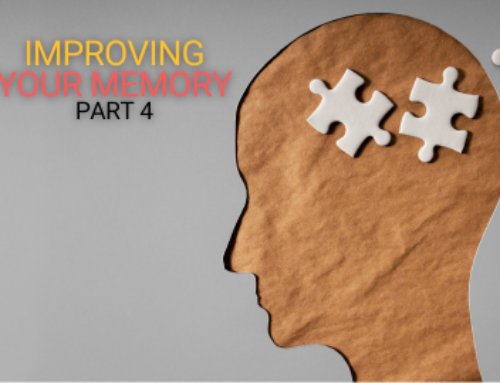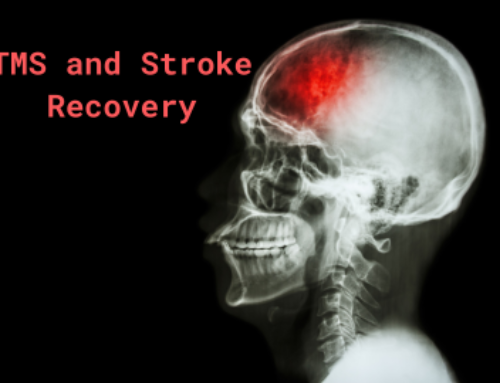How to Prepare for Your TMS Session
So, you’ve been to your general physician to talk about your depressive symptoms. They’ve ruled out non-contributing factors, made recommendations, and referred you to mental health professionals like a psychiatrist, possibly a therapist too. The diagnosis is in: MDD, or major depressive disorder. The journey has been hard. You’ve tried several medications, and they either never worked, have stopped working, or the side effects were too bad to continue. Therapy and social support (family, friends, groups) can be excellent and produce good results, but when there are chemical imbalances in the brain, sometimes there’s only so far that can go. When you’ve taken advantage of all the resources you’re able to access, and you’re still hurting, ask your physician and psychiatrist about TMS. More and more medical professionals are becoming aware of TMS and its positive effects on treatment-resistant depression.
In a situation where TMS is an option for a patient, we are often asked by the patient what they should do to prepare for a TMS treatment. The short answer is: Not much. The longer answer is:
− While consulting with medical professionals, disclose your full medical history. If you have metal implants like stents, have had seizures, a family history of seizures, or take certain medications, TMS is not for you.
− If there’s any chance you might be pregnant, check on that. We do not do TMS on pregnant people.
− Get a good night’s sleep, eat your breakfast, and drink water.
− Bring safe items to keep yourself entertained while the therapist treats you. We recommend reading, listening to music, or watching videos with earbuds so you can hear over the sound of the TMS machine.
− Mild over-the-counter painkillers. Sometimes a patient will come away with a slight headache or scratchy scalp, though these go away fairly quickly on their own.
− Don’t sweat it! We use this blog as a way to inform our current and future patients on all things TMS and mental health in general. Check out our posts on what TMS feels like, how it works, what the side effects can be, and the FDA approval process. Your therapist will be at hand at all times.
TMS accompanies other treatments like therapy and antidepressant medications well. That’s another reason we offer this treatment, because it can be combined with other treatments to form a holistic approach to improve the patient’s quality of life. Contact us any time on our website or call (585) 442- 6960.





